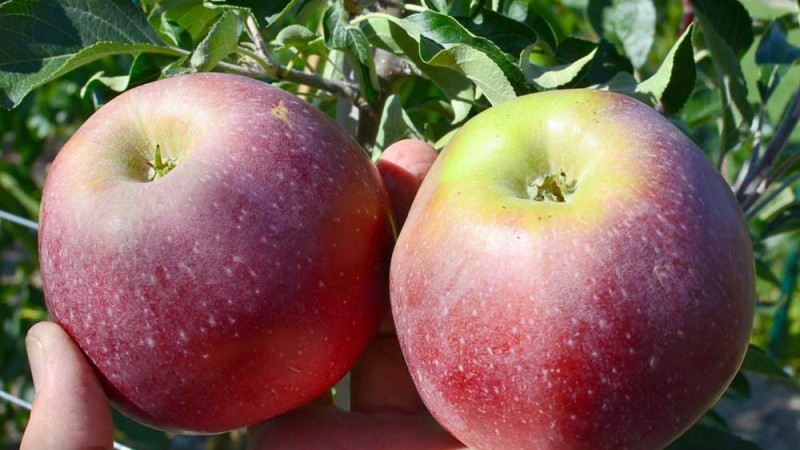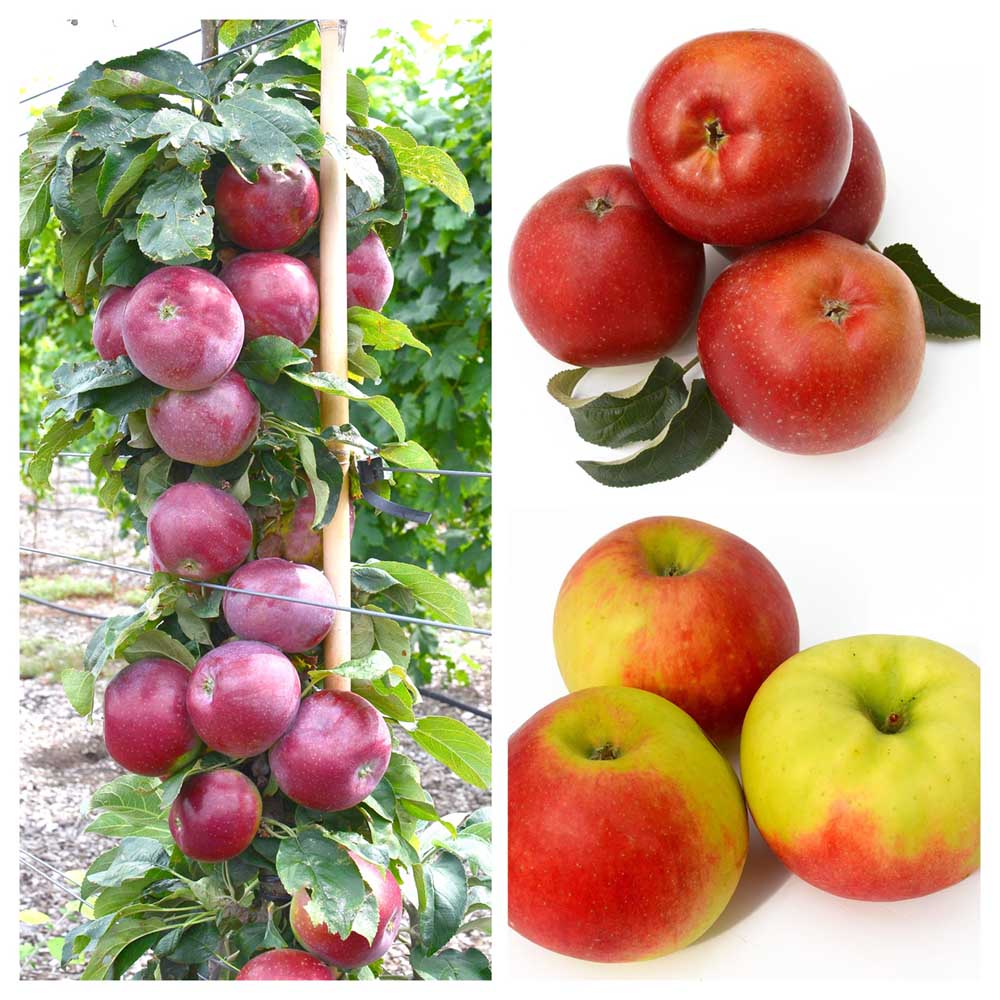
 The storability of winter apples is one of the most important characteristics of apple trees, if not the most important ones, which are taken into account when choosing a variety for growing in an orchard or home garden. The long winter in Russia has always forced the population to build up stocks of food that were durable throughout the winter, including the fruits of plants. Therefore, the breeding of apple trees in this area has focused on obtaining long-term storable fruits that do not lose much quality over time.
The storability of winter apples is one of the most important characteristics of apple trees, if not the most important ones, which are taken into account when choosing a variety for growing in an orchard or home garden. The long winter in Russia has always forced the population to build up stocks of food that were durable throughout the winter, including the fruits of plants. Therefore, the breeding of apple trees in this area has focused on obtaining long-term storable fruits that do not lose much quality over time.
The main focus of the Russian Research Institute of Fruit Crop Breeding (VNIISPK) in Orel town was and still is the breeding of highly rated winter apple varieties with multiple resistance to fungal diseases on a polygenic basis. The beginning of the activity of this institute dates back to 1946, when A.V. Parshin sowed a small amount of seeds obtained from the free pollination of the original Michurin varieties with varieties originating in central Russia that were more hardy. Since then, breeding has continued uninterrupted, due to the continuing demand for new winter apple varieties producing long-storable apples capable of maintaining quality parameters during storage. This means the taste, color, consistency and content of biologically active substances. Over time, the requirements for the quality of apple varieties change and breeders must respond to these changed requirements by changing their breeding priorities and, above all, they do not stop crossing and then selecting suitable types of varieties.
Therefore, the current goal of the Russian Research Institute of Fruit Crop Breeding is:
- creation of highly resistant or even immune varieties to scab using advanced methods for identifying responsible genes and using a combination of field and oligogenic resistance
- creation of adaptive triploid apple varieties with more regular fertility, visually nice appealing fruits and partial self-pollinated (triploid apples have three chromosome sets in the cell and are formed by crossing tetraploid and diploid apple varieties, they are self-sterile but in certain circumstances it is possible to reach partial levels of self-fertility)
- creation of columnar apple varieties for super intensive orchards and development of basic elements of cultivation technology
The main stress factors that decisively affect the economic result in the apple orchard are:
- late frosts at the end of spring
- uneven distribution of precipitation during the growing season
- the occurrence of pests and fungal diseases
In order to achieve consistently high productivity and quality of apples, it is then necessary to ensure the highest possible level of adaptability to the stress factors of the growing environment. A possible solution is the breeding and use of triploid apple varieties, which are characterized by increased adaptability to the environment and also resistance to disease.
The latest generation of winter apple varieties must meet a number of requirements, such as high and regular fertility, the highest degree of resistance to fungal diseases and pests, very tasty and visually attractive fruits with a long storage period. Storage does not have to be provided in a controlled atmosphere ( temperature, oxygen/nitrogen ratio), but the conditions provided by the cellar, domestic refrigerator or other space available to the home gardener must also suffice. If the result of breeding is an economically valuable variety, the apples of which we can consume in the longest possible period from harvest to late spring of the following year, then the goal was successfully met.








